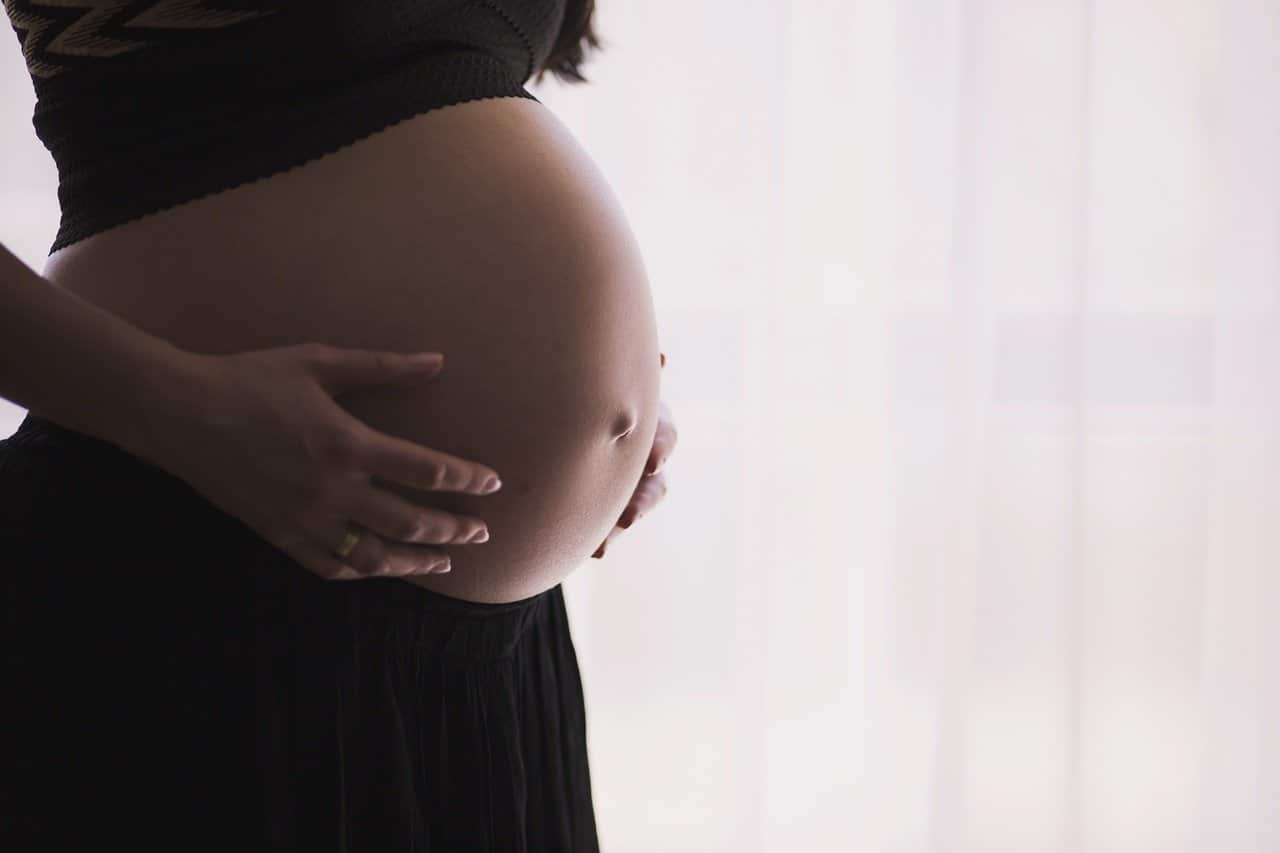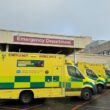
There have been two further Covid-related deaths in Northern Ireland over the past 24 hours.
One of those deaths occurred in the Armagh City, Banbridge and Craigavon Borough Council area, where the total of deaths now stands at 348, second only to Belfast at 467.
The number of deaths in Mid Ulster remains at 241 while in Newry Mourne and Down it remains at 193.
There have been a further 1,320– up 242 – cases recorded in the last 24 hours, according to the Department of Health’s latest daily dashboard update.
There were 126 in Armagh, Banbridge and Craigavon, which is the third highest in NI. There were 107 positive cases in Newry, Mourne and Down, while Mid-Ulster District recorded 72 – the lowest in NI. Belfast had the highest with 256.
A total of 5,074 individuals were tested in that time.
There are 346 – down 16 – people in hospitals across Northern Ireland as a result of the virus, 29 – up two – of whom are in intensive care unit.
There are currently 90 – down five – Covid patients in the Southern Trust area with 60 – down one – patients in Craigavon Area Hospital, and 19 ICU beds available across Northern Ireland.
Hospital capacity in Northern Ireland currently stands at 105%.
The total number of deaths now stands at 2,554.
Meanwhile, pregnant women are being reassured that vaccination is the most effective way to protect themselves and their babies from Covid-19.
The Department’s Midwifery Officer, Dr Dale Spence has offered reassurance to women that they can have the COVID-19 vaccine while trying to get pregnant, are pregnant, or breastfeeding. Dr Spence said: “Expecting a baby is an exciting time but it’s natural that parents-to-be may also feel anxious. I want to assure you that the safety of you and your baby is our priority.
“Unfortunately we are seeing pregnant women require acute hospital care after acquiring COVID-19. The safest and most effective way of protecting you and your baby from COVID-19 is through vaccination.
“Pregnant women have been included in the list of people at moderate risk (clinically vulnerable) from COVID-19, while this is on a precautionary basis the importance of vaccination for those in an at risk group cannot be overstated. Vaccination against COVID-19 in pregnancy is recommended by both the Royal College of Midwives and the Royal College of Obstetricians and Gynaecologists and I would also highly recommend that expectant mothers come forward for vaccination. It’s understandable that you may have worries or concerns, if you do, please speak to your midwife.
“For those trying for a baby or for women who are breastfeeding, there is no evidence that the vaccine affects fertility, affects the ability to breastfeed or causes any harm to breastfed children.”
In the early stages of the vaccination programme, pregnant women were asked to hold back on getting their jabs. This was a precautionary measure, which allowed more data to become available on safety.
Subsequently, with that data now obtained, pregnant women are advised to get vaccinated.
Karen Murray, Director for Northern Ireland at the Royal College of Midwives, said: “Along with mask wearing, hand washing and social distancing, vaccination is a vital tool in the fight to protect yourself against this virus. If you are unsure or worried about this, do speak to your midwife or doctor to get the facts so that you can make an informed decision. All the evidence is showing that having the COVID-19 vaccination is safe during pregnancy, and I do urge you to have the vaccine to protect yourself, your baby and your family.”
Dr Carolyn Bailie, Chair, Northern Ireland Committee of the Royal College of Obstetricians and Gynaecologists, said: “Pregnant women have always been offered a number of vaccinations to protect themselves and their unborn children during the course of pregnancy – the COVID-19 vaccine is no different. There is clear evidence that shows the COVID-19 vaccine is the best way to protect pregnant women against the known risks of COVID-19, including admission to intensive care and premature birth.”
Dr Spence concluded: “Infection rates in Northern Ireland remain high and the more we circulate and socialise, the greater the risk of catching the virus. It is essential that everyone takes every precaution available to them – this includes vaccination.”


